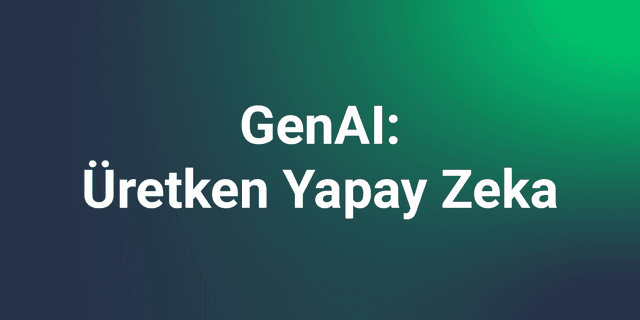Machine Language
Programming languages enable communication between humans and machines. These languages range from high-level languages that are closer to human language to low-level languages. Machine language is the lowest level of programming languages and the most comprehensible for machines. It operates at the hardware level. Commands consist of bits represented by 0s and 1s.
What is Machine Language?
Machine language is a programming language that computers can execute at the microprocessor level. It is the language used by the processor during its operations. Commands are translated into 0s and 1s to make them understandable to the computer. Generally, programming languages like Python and C# are readable and understandable by humans. Machine language, however, operates differently, performing tasks through logical calculations with number systems such as binary.
The command set can vary depending on the processor used. Today, 32-bit and 64-bit processor architectures are common. When installing a program on your computer, if it is not compatible with your processor, it will give an error. This error occurs because the machine language used in the program is not compatible with the processor's command set. The command set is specific to that processor architecture. Ultimately, the source code of any human-readable programming language must be translated into machine language because binary code (machine language) is the only language that computer hardware can understand.
The use of machine language dates back to the early days of computers. In the 1940s, the first computers were programmed using machine language. This concept can be traced back to the Analytical Engine developed by the English mathematician Charles Babbage in the 1840s.
How Does Machine Language Work?
Machine language operates within an "instruction cycle," consisting of four main parts:
- Fetch: Retrieves the next or initial instruction from memory.
- Decode: Deciphers the meaning of the instruction.
- Execute: Executes the instruction.
- Stop: Processes the result of the execution and stops the instruction.
Machine language consists of numbers like 01010100. These numbers are used in different combinations within the machine environment, utilizing various number systems. Here are some number systems:
- Binary System: Represented as binary, each character is shown in base-2, using only the digits 0 and 1.
- Octal System: Represented as octal, characters are shown in base-8, using only the digits 0 to 7.
- Decimal System: Represented as decimal, characters are shown in base-10, using only the digits 0 to 9.
- Hexadecimal System: Represented as hexadecimal, characters are shown using digits and letters ""0, 1, 2, 3, 4, 5, 6, 7, 8, 9, A, B, C, D, E, F."" For example, the letter ""Z"" is represented as ""A5"" in hexadecimal.
To understand how these number systems appear in machine language, let's use the word ""Techcareer"" as an example:
- Binary: 1010100 1100101 1100011 1101000 1100011 1100001 1110010 1100101 1100101 1110010
- Octal: 124 145 143 150 143 141 162 145 145 162
- Decimal: 84 101 99 104 99 97 114 101 101 114
- Hexadecimal: 54 65 63 68 63 61 72 65 65 72
Machine language is the language that a machine can understand. To run applications or write code at the machine level, the code must be compiled into machine language. In addition to older programming languages like Fortran and Cobol, modern languages like C++ and Java are also compiled into machine language.
Our free courses are waiting for you.
You can discover the courses that suits you, prepared by expert instructor in their fields, and start the courses right away. Start exploring our courses without any time constraints or fees.



